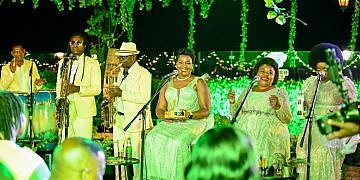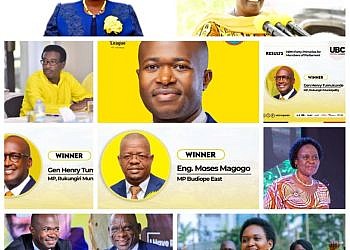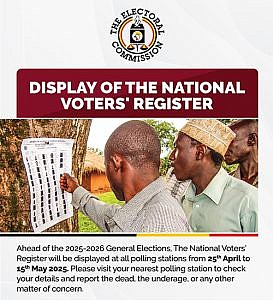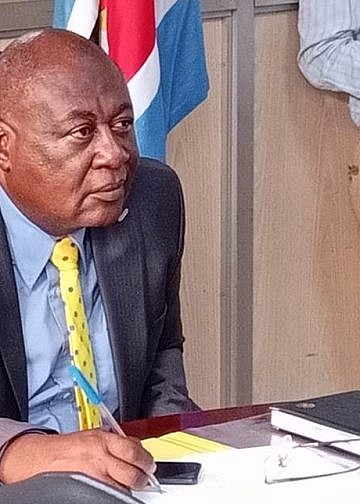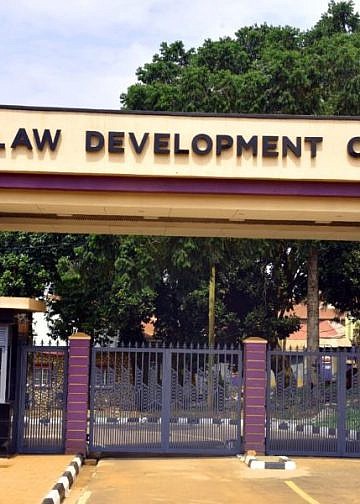A recent directive from the Ministry of Education and Sports banning extravagant parties in schools has has been welcomed by parents, many of whom have long expressed concern over growing social pressure and moral decay among students.
The new guidelines, issued in a circular dated May 16, 2025, prohibit students from using luxury cars, helicopters, and excessive spending during school events such as proms, student elections, and social gatherings.
The move, aimed at restoring discipline and curbing elitism, comes into effect as the second academic term begins.
While public reactions have been mixed, parents across the country have largely welcomed the decision, praising the government for stepping in to address what many describe as a dangerous trend of showmanship and materialism in schools.
Hadihah Nansikombi, a parent at Kinaawa College, was among those who hailed the directive, pointing out that the pressure to impress at school events had driven some students into harmful activities in search of money.
“You could see a student focusing less on academics and more on hustling for prom money. Some even end up in robbery or jobs that don’t suit their age,” she said. “This move will help restore focus and protect our children.”
Gerald Musiitwa, another concerned parent, shared a personal experience involving his son, who felt ashamed because he couldn’t match his peers who were hiring Benz cars for a prom party.
“My son faked sickness just to avoid the prom. He was so downcast and even talked about changing schools,” Musiitwa said. “I’m very happy the ministry acted—this will help reduce unnecessary pressure and restore self-esteem among students.”
Under the Ministry’s new guidelines, students are no longer allowed to use hired luxury vehicles, helicopters, or motorcycles during school events.
The regulations also prohibit extravagant spending during student leadership campaigns, including the distribution of branded merchandise or food handouts. Furthermore, romantic relationships among students, indecent dressing, and events held at night are strictly forbidden.
All entertainment activities must be conducted only on school premises, within term time, and must conclude by 6:00 p.m.
Additionally, all films, music, and drama performances must be reviewed and approved by relevant regulatory bodies to ensure they are age-appropriate and educational in nature.
Additionally, the Ministry has introduced stricter visitation and travel protocols. Each school is now limited to one official visitation day per term.
During these visits, parents are not permitted to bring cooked or fast food to the school premises. In terms of travel, all foreign trips must receive prior approval from the Ministry, and children in kindergarten are no longer allowed to participate in any school trips.
Many parents see the ministry’s crackdown not only as a moral reset but also a tool for promoting equity among students.
“When learners see others flaunting wealth, they start feeling inferior,” said Nansikombi. “Some even drop out because they feel they can’t belong. But this directive helps level the ground.”
The ministry’s move comes amid reports that students have spent as much as shs20 million to secure ceremonial titles like “President” or “Governor” at school events—turning what were once simple traditions into extravagant affairs.
Dr. Kedrace Turyagyenda, the Permanent Secretary of the Ministry of Education, emphasized that the new rules are not meant to kill celebration or creativity but to refocus schools on their core mission—education, character development, and fairness.
“These guidelines are not meant to stifle joy but to ensure that no child is left behind due to social pressure,” Dr. Turyagyenda said. “Schools must be places of learning, not platforms for unhealthy competition.”













